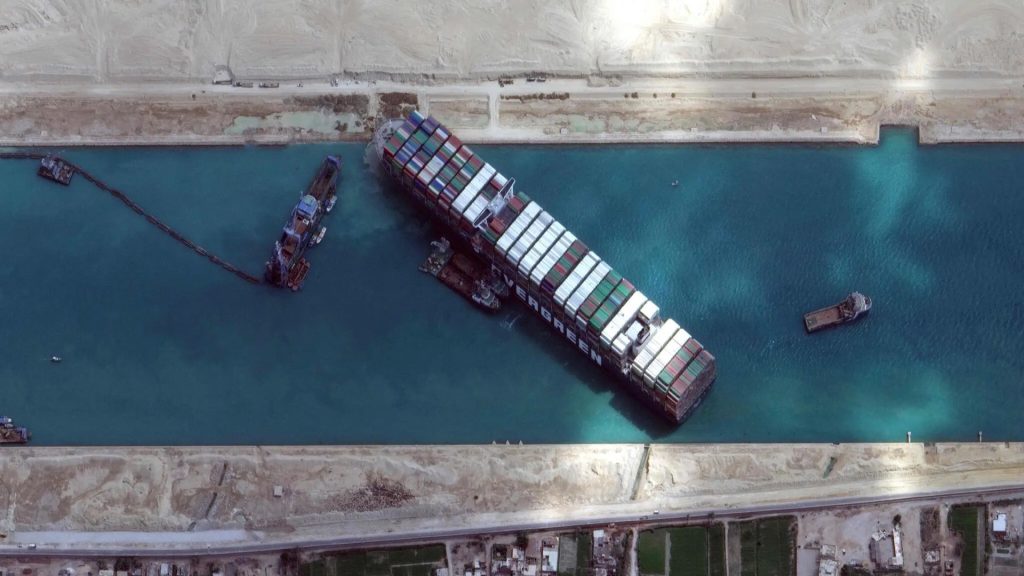
Supply chains need to be flexible to minimise potential disruption caused by China’s regional lockdown.
SCALA Director Phil Reuben explains: “With stay-home orders being given across the economic hubs of China including Shanghai, Shenzhen and Jilin, we are facing significant pressure on global supply chains, with China accounting for about 12% of global trade.
“Congestion at Chinese ports, reduced stock and limited truck deliveries are being combined with the pressure already facing supply chains across the world as a result of the Ukrainian conflict. To reduce the impact of geo-political and Covid related events, businesses need to build flexibility into their supply chains to build up resilience to disruption.
“In recent years supply chain disruption has been at historic levels. Whilst efficiency and profitability used to be the main driver of a successful logistics business, now adaptability and resilience during periods of disruption are the key indicators of a successful company.
“Building flexibility into the planning stage of operations creates resilience to crises within supply chains. A risk management process at both the business and supply level is key to an end-to-end monitoring and management system to enable a swift disaster response and recovery process. Collaboration between all stakeholders means businesses can respond to lievents quickly and keep supply chains moving despite Covid lockdowns.
Having alternative suppliers based in different regions across the world and having different transport options removes the heavy reliance on a region that may be facing high covid infection rates or the many other geo-political disruptions.
“Building flexibility into supply chain operations and planning for future regional lockdowns is key to mitigating future supply chain disruption. Organisations that are able to quickly adapt to changing conditions will be those that are successful in the long-term when supply chain uncertainty seems to always be around the corner”.


